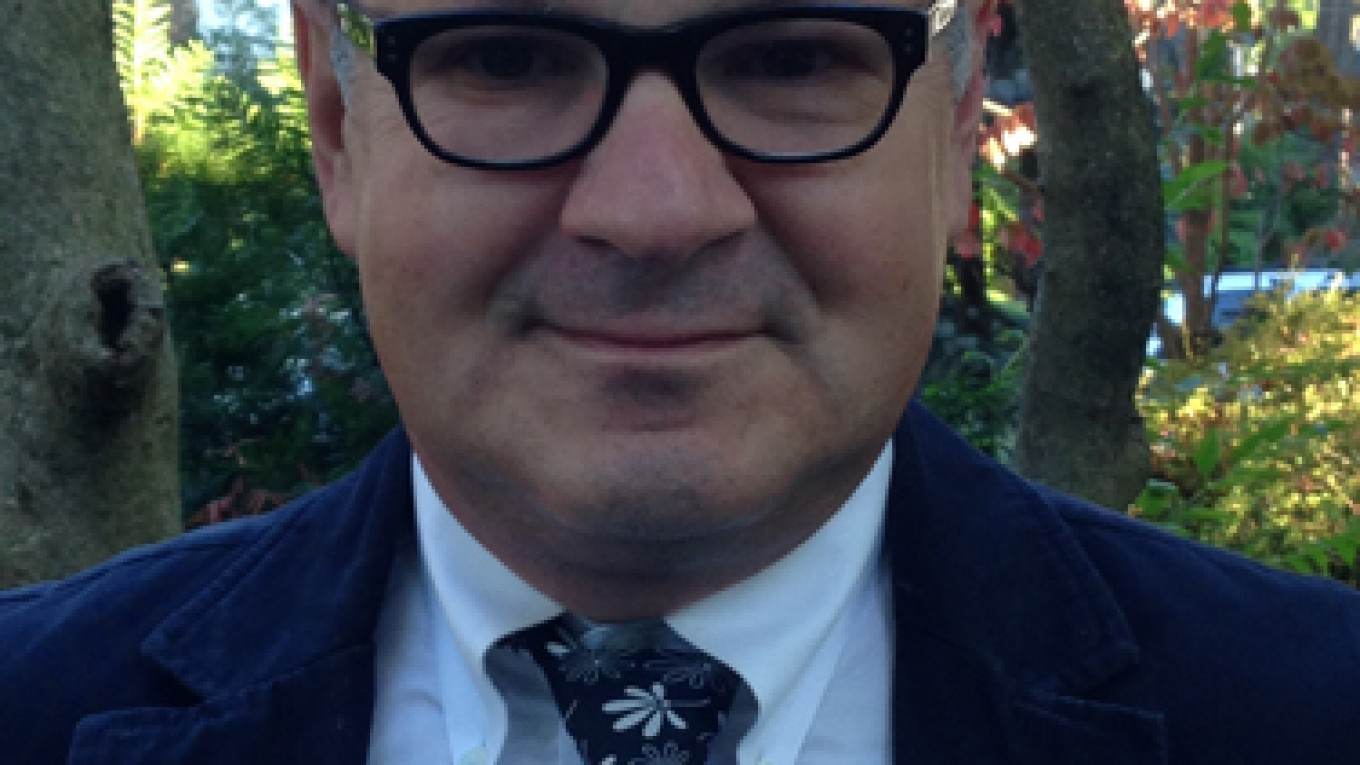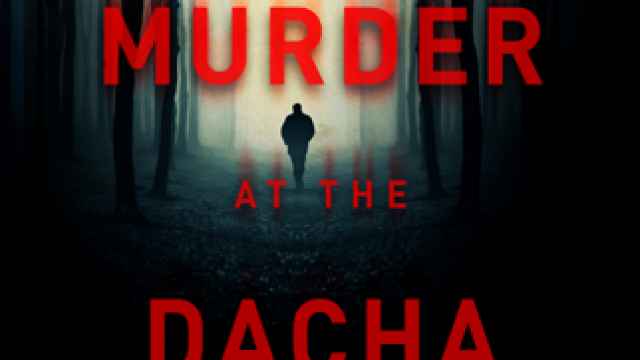Alexei Bayer was born in Moscow, in the Soviet Union, but left when he was 17. He now lives in New York and works as an economics analyst. A former columnist for The Moscow Times, Bayer recently published a novel, in Russian and English, called "Murder at the Dacha," which is set in Moscow in the 1960s.
Q: Why did you choose Moscow in the 1960s as a setting for the novel?
A: Well, I grew up in Moscow at the exact same address as the protagonist, so I wanted to do a snapshot of my childhood, and of the city as I felt it to be. Moscow was a much smaller city then, and it was very simple living. People lived in communal apartments and had very few material possessions. They weren't necessarily nice in the American sense of the word, but there was more solidarity, more community.
At that time, a policeman was someone who was actually there to protect you, rather than a scary figure to avoid. When I was talking to an editor at a publishing house, he was actually laughing at the fact that I'd written a policeman who was very human, who lived modestly and who seemed to be content with his life. He thought it was a parody.
Q: Did you find yourself writing specifically to a Moscow audience?
A: I now realize that for an English audience there were too many details. They were important to me, and interesting to someone who knows Moscow, but the sense of setting was already there and it didn't need to be constantly belabored. There's a sequel, or more like a prequel, coming out in May, and I've made it much less heavy on detail.
Q: Is the English version more liberal with its bad language?
A: Well, I like to use mat [swear words] sparingly in fiction, so that it's stark and emphatic. When I was growing up in Russia, people used it a lot less because you weren't meant to curse in front of women and children. If you heard someone cursing on the street, you knew immediately that they were an undesirable. Now if you walk around Moscow, on the metro, and you overhear a conversation of more than two words you will hear these kinds of words. And that's changed since I was young.
Q: So what do you think of Russian crime novels?
A: Well I read some [books by Alexandra] Marinina and that was pretty awful. Both as detective fiction and generally as fiction. But [crime writer Boris] Akunin is very popular. That's what you call quality crime fiction in the English sense, and I actually imitated him in some respects. His method is to take the genre, which has its own rules and makes readers want to keep reading to find out how the crime was committed, but he uses it for his own purposes because he's trying to promote certain ideas or a certain view of morality in pre-revolutionary Russia.
I was doing something similar in creating a strong male character who is a hero, but without having a chip on his shoulder, who isn't flexing his muscles every fifteen minutes, and who doesn't show his strength by insulting or humiliating other people.
Q: What are you working on at the moment?
A: I've just finished revising my second novel about Matyushkin, the prequel to "Murder at the Dacha." The first one was based on real crimes for authenticity so I took another one from my childhood, the Mosgas mass-murder case, where a man was apparently walking around and ringing doorbells and introducing himself as a Mosgas employee and then chopping people up.
They put information out telling kids not to open the door to Mosgas, and one of my earliest memories is being completely horrified by this notion. This was not just a single murder but a series of child murders.
Contact the author at [email protected]
A Message from The Moscow Times:
Dear readers,
We are facing unprecedented challenges. Russia's Prosecutor General's Office has designated The Moscow Times as an "undesirable" organization, criminalizing our work and putting our staff at risk of prosecution. This follows our earlier unjust labeling as a "foreign agent."
These actions are direct attempts to silence independent journalism in Russia. The authorities claim our work "discredits the decisions of the Russian leadership." We see things differently: we strive to provide accurate, unbiased reporting on Russia.
We, the journalists of The Moscow Times, refuse to be silenced. But to continue our work, we need your help.
Your support, no matter how small, makes a world of difference. If you can, please support us monthly starting from just $2. It's quick to set up, and every contribution makes a significant impact.
By supporting The Moscow Times, you're defending open, independent journalism in the face of repression. Thank you for standing with us.
Remind me later.






